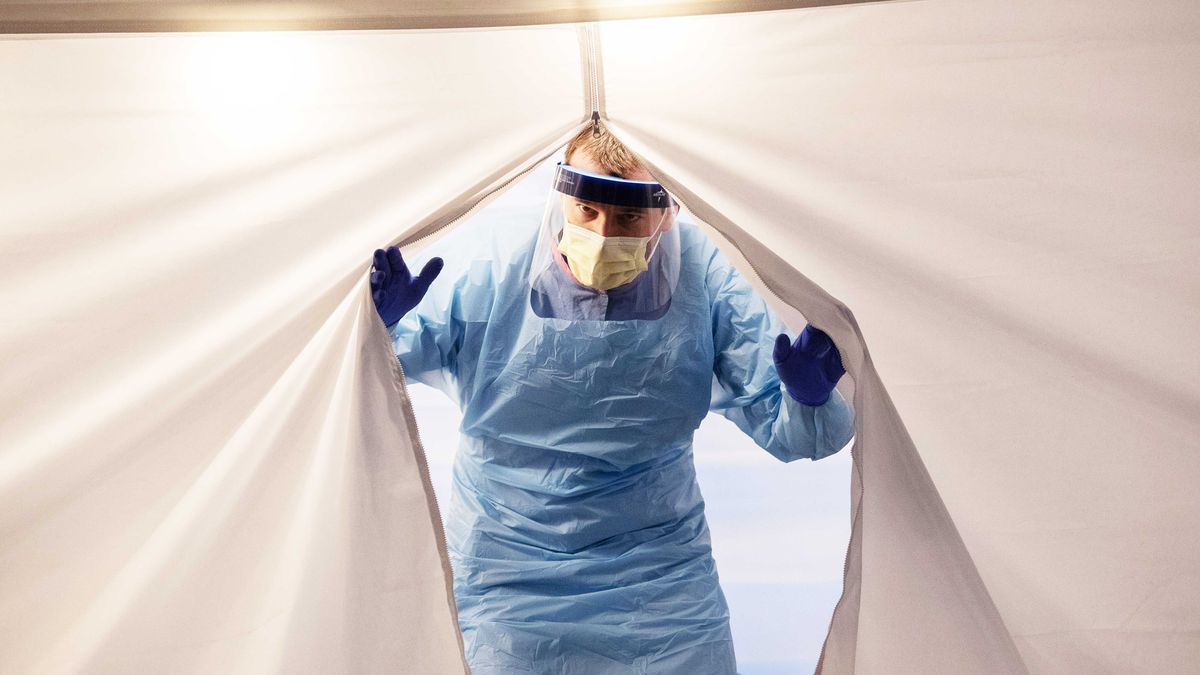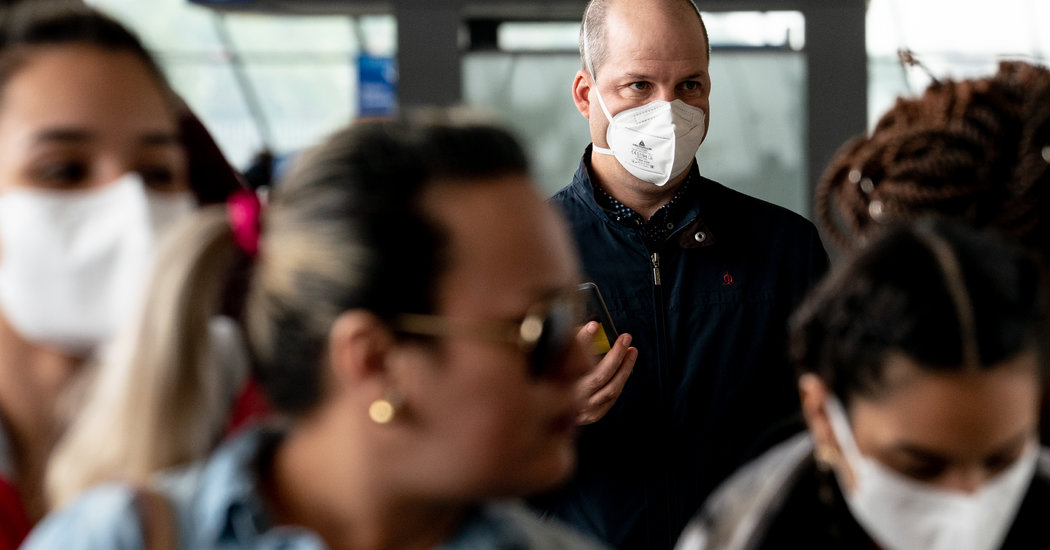In an analysis published on Tuesday, Stanford’s co-director of the Meta-Research Innovation Center, John P.
A. Ioannidis said that we are highly over-reacting on the coronavirus situation looking at the stats.
He said that the data we have is unrealistic and to depend on it is not wise.
He wrote that the coronavirus or Covid-19 has been called to be the epidemic of the century but he says it can also be a “once-in-a-century evidence fiasco”.
He said that though Draconian countermeasures have been a measure adopted by most of the countries around the world.
It is good that people are maintaining the distance to put an end to the virus.
But he asks what if the virus does not die globally and continues to grow?
Social distancing is possible and bearable but for how long can it be practiced?
He then questioned the policymakers saying whether they know if they are doing more good than harm?
In his opinion, he says that the unreliable data we have can cause a lot of destruction.
He said that the countries are taking over the line measures to deal with this epidemic. These over the line measures can cause a catastrophe of destruction.
The testing rate is limited and the infection is widespread.
This infection spreads through the air and the touch and thus it is possible there is a huge mass of people who are affected by the disease.
This means the fatality rates released by the World Health organization is worthless.
Around the world, only the patients who have started showing the symptoms or are severely infected are the ones getting tested only.
The rest are not and this can be a huge danger with the spread.
He says that limited testing can be the cause of this epidemic becoming even worse than it already is.
Share this post with your friends and family.
Recommended Video:
“Loving Grandson Visits His Grandpa in Hospital Before Prom”
[rumble video_id=vce82 domain_id=u7nb2]
If you liked this post, we would love to hear from you:)






